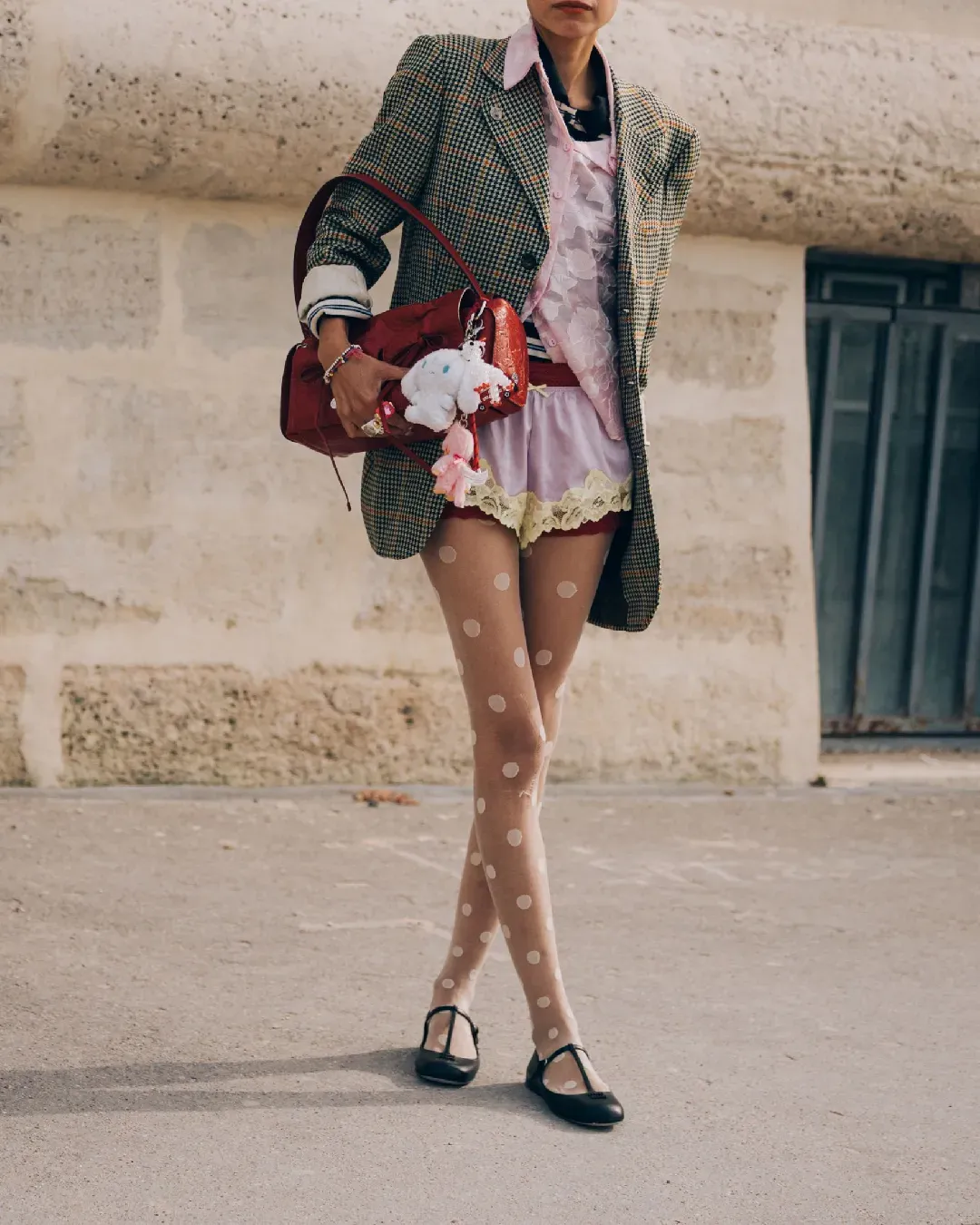
France is increasingly sustainable The country leads Europe in sustainability legislation
On Thursday, the European Parliament adopted a series of recommendations aimed at making textile products sold in the EU more sustainable and easier to reuse, repair and recycle. As well as tackling problems in the supply chain, which must be environmentally and humanly responsible, the EU is also focusing on consumers. Measures should aim to help them become better informed in order to make more responsible and ethical choices. Although the main lines of action are defined in EU directives, some countries are positioning themselves as European leaders in sustainability legislation. The best example is the French system, which has been in existence for 15 years. On January 1, 2007, France introduced the "EPR" principle for textiles, household linen and footwear. This principle imposes an obligation on any company that places an item on the market, regardless of its tonnage or sales. But an extension to the rule was introduced on January 1, 2023. From this year onwards, producers, importers and any other trader meeting certain criteria must make available to consumers, at the time of purchase, a "product sheet of environmental qualities and characteristics". This must be easily accessible, either via a search engine, or on a specific page or website.
Through the implementation of EPR, the country aims to modify the entire life cycle of fashion products, from design to post-consumption. France encourages fashion designers and manufacturers to adopt sustainable practices right from the design phase. This involves using environmentally-friendly materials, reducing energy consumption during production and applying strategies to minimize waste production. By integrating sustainable principles into the design process, the country aims to create fashion items that are both aesthetically appealing and environmentally friendly. A key aspect of EPR in the fashion industry is the management of post-consumer waste. France encourages the establishment of collection and recycling systems that allow consumers to return used clothing and accessories. This facilitates the recycling or upcycling of materials, reducing the amount of fashion waste sent to landfill. In addition, the country encourages the development of innovative recycling technologies to efficiently process different textile compositions. France encourages the transition to a circular economy in the fashion sector, where materials are recycled, reused or repurposed to extend their life cycle. Collaborative efforts between brands, manufacturers, retailers and consumers play a key role in this transition. Initiatives such as clothing rental, second-hand markets and repair services are gaining in popularity, encouraging a more sustainable and resource-efficient fashion ecosystem.
LVMH is taking you on a special journey at @VivaTech, Europe's largest event dedicated to innovation and startups, from June 14 to 17 in Paris.
— LVMH (@LVMH) May 24, 2023
Learn More: https://t.co/HqG83UVz2z#LVMH #TechPartInOurFuture pic.twitter.com/nQKQ68YDZV
France's focus on EPR in the fashion industry has produced a number of positive results. Sustainable fashion brands are gaining in prominence, and consumers are increasingly aware of the environmental impact of their purchasing decisions. The adoption of circular business models and the growth of second-hand fashion markets are helping to reduce the industry's overall carbon footprint and resource consumption. In the future, France's commitment to EPR in the fashion sector should be strengthened. The government, in collaboration with industry players such as the eco-organization Refashion, will continue to refine regulations and set ambitious sustainability targets. Investment in research and development will stimulate innovation, enabling the development of environmentally-friendly materials, advanced recycling technologies and sustainable manufacturing processes. In addition, a focus on consumer education and awareness campaigns will encourage responsible consumption habits and support the growth of a more conscious fashion community.
The French fashion industry has embraced the principles of extended producer responsibility for many years, leading the way in the European Union. By integrating eco-friendly practices into design and production, improving waste management and recycling, and encouraging collaboration within the industry, the country is driving positive change. Through these efforts, France aims to establish a fashion ecosystem that encourages responsible consumption, minimizes waste and contributes to the global transition to a more sustainable future. As the country leads the way, other nations can learn from its EPR initiatives to build a fashion industry that harmonizes style, ethics and environmental protection. The Netherlands are already following suit.


















































